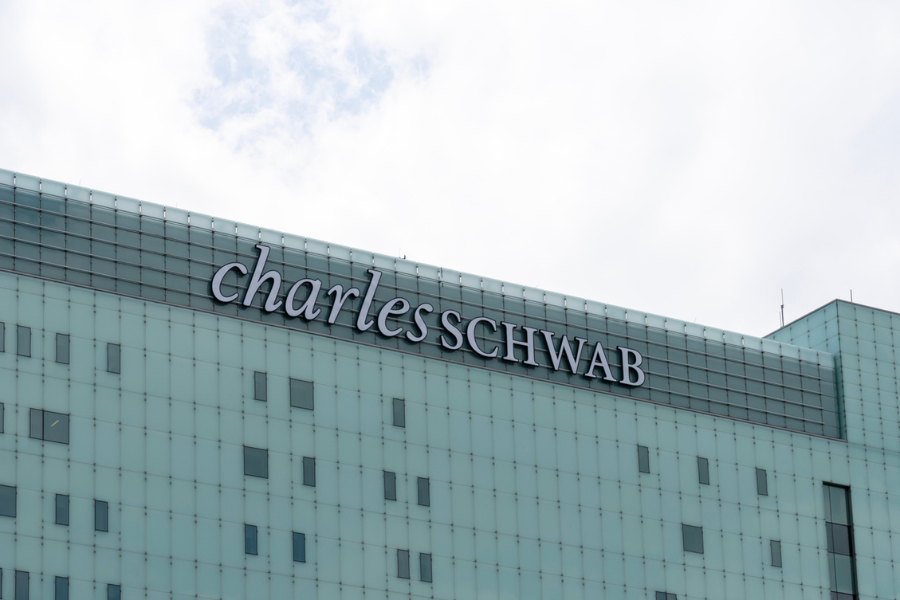

American workers investing in a 401(k) are more confident in reaching their retirement goals than they were last year, according to new research.
The Charles Schwab survey conducted by Logica by users of plans from around 25 providers reveals that 43% are very likely to achieve their goals, up from 37% in 2023. The boost in sentiment comes as inflation and stock market volatility are less of a concern for respondents.
The survey puts the figure that participants believe they need for a comfortable retirement at $1.8 million with their fund expected to last 23 years after they retire aged 65.
“Workers are feeling more optimistic about their retirement prospects and an improving economic climate tends to boost financial confidence, but it’s not the only factor,” said Lee McAdoo, Managing Director of Schwab Retirement Plan Services. “We’re seeing heightened awareness around 401(k) investments and performance – a promising sign that workers are actively engaging with their accounts and cultivating knowledge to help them reach their goals.”
The poll found that 69% of respondents say they know what investments to choose for their 401(k) and 92% know how it is performing. Just 8% are unaware of what investments are in their account.
Despite this growing knowledge, 61% said that working with a financial professional is important with those who do having far greater confidence in making the right investment decisions that those who do not (55% vs. 29%).
Workers said they would typically seek advice from their plan (39%), financial advisor (35%), family and friends (27%), and their employer (25%).
“Improved 401(k) confidence is not necessarily an indicator that workers are comfortable going it alone,” said Marci Stewart, Director of Client Experience at Schwab Workplace Financial Services. “In fact, they are realizing that professional help has the potential to further accelerate their progress. Self-guided education and computer-generated advice can provide solid financial wellness support, and a human professional can validate your plan and make more tailored recommendations, which can be invaluable for feeling more confident and financially secure in the long term.”
Overall, respondents expect 43% of their retirement income to come from a 401(k), up from 40% last year, while they think Social Security will make up just 16% of their retirement income on average, down from 20% last year. Those 10 years or less from retirement are more likely to expect a larger share of their retirement income to come from Social Security.
“Uncertainty about the future of Social Security means employers will play an increasingly important role in helping workers develop a retirement income stream not only through their 401(k), but also through other workplace financial benefits that can include health savings accounts, company stock plans and traditional pension plans,” said Stewart.

Executives from LPL Financial, Cresset Partners hired for key roles.

Geopolitical tension has been managed well by the markets.

December cut is still a possiblity.

Canada, China among nations to react to president-elect's comments.

For several years, Leech allegedly favored some clients in trade allocations, at the cost of others, amounting to $600 million, according to the Department of Justice.
Streamline your outreach with Aidentified's AI-driven solutions
This season’s market volatility: Positioning for rate relief, income growth and the AI rebound
